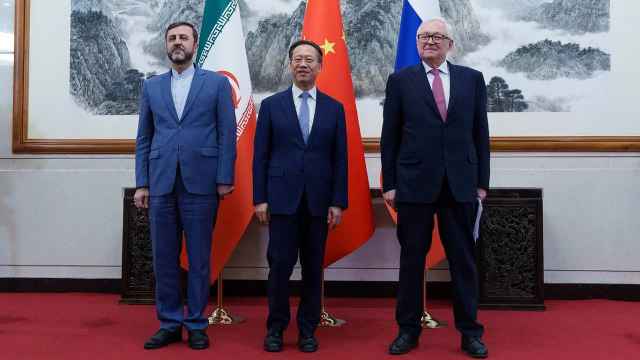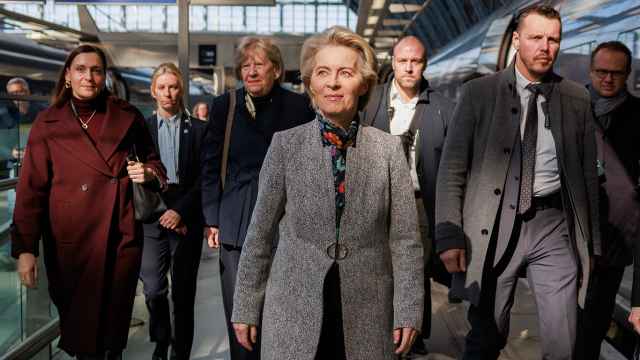
Ilya Skripnikov
Of Counsel
Salans
Insurance companies play an important role in public-private partnerships around the world. They are key counterparties of concessionaires, together with lenders, general contractors and O&M operators.
An extensive list of risks is transferred to the private sector in 3P projects, and it is in the concessionaire's own interest to insure against financial risks.
Apart from the private partner's "personal" interest, the grantor and lenders must also scrutinize the insurance arrangements, since they have to be safe when it comes to guarantees of stable cash-flow generation and due provision of the relevant services.
In response to the strict requirements, international insurance companies have developed and offer the market a variety of products suitable for each stage of a PPP project — tendering, design and construction phases, operation and maintenance periods, and termination of the PPP agreement.
The customary insurance package in 3P projects includes coverage of construction risks, material damage claims, civil liability before third parties. In addition, a concessionaire often obtains insurance against business interruptions, strikes and terrorist attacks (unless these events are considered as "special events" in the PPP agreement).
The construction phase is generally covered by Contractors' All Risks Insurance (CAR), which often has special wording for environmental pollution, including land contamination and recovery costs, as well as covering the transportation and storage of goods delivered to the site.
As smooth performance of a PPP project substantially depends on the technical conditions and infrastructure quality, the concessionaire should obtain umbrella insurance covering a number of facilities, including the concession property, plant and equipment.
The concessionaire should be insured against liability for claims, damages, losses and expenses (including legal fees and expenses) arising from the injury, sickness, disease or death of any person employed by the concessionaire.
Effective insurance coverage will depend to a considerable degree on the risk-sharing matrix and equilibrium mechanism established by the PPP agreement. Nonetheless, practice shows that insurance in 3P projects is influenced by a variety of factors. These include situations where a risk covered by insurance was initially insurable but subsequently becomes uninsurable, either because of a change in law or in the actual circumstances. This can happen because an insurance company will not issue insurance for a risk that is expected to be realized. The potentially affected products include terrorism, vandalism and employers' liability insurance.
The private partner should give serious consideration to the time factor, as delays in insurance payouts may as well affect the financial model, and make additional financing necessary to ensure continuity of operations. Needless to say, insurance will not cover loss of reputation or loss of market share.
The price of insurance is a key element for public-private partnerships, alongside the choice of the beneficiary for insurance payouts under the insurance agreements. Lenders often require direct access to payments from insurers, while the grantor is willing to receive full satisfaction.
One practical way to mitigate price problems is to use a single insurance provider, which will also help to avoid coverage gaps and duplication. A single provider is a very cost- and commercially effective option. However, as 3P projects are highly complex and involve large sums, potentially a pool of insurers might be required.
Russian insurance companies are not yet active players in PPP projects, while the demand for PPP-oriented insurance products is growing together with the volume of infrastructure transactions. The market is looking to negotiate pragmatic solutions, and it is time for local insurers to step in.
A Message from The Moscow Times:
Dear readers,
We are facing unprecedented challenges. Russia's Prosecutor General's Office has designated The Moscow Times as an "undesirable" organization, criminalizing our work and putting our staff at risk of prosecution. This follows our earlier unjust labeling as a "foreign agent."
These actions are direct attempts to silence independent journalism in Russia. The authorities claim our work "discredits the decisions of the Russian leadership." We see things differently: we strive to provide accurate, unbiased reporting on Russia.
We, the journalists of The Moscow Times, refuse to be silenced. But to continue our work, we need your help.
Your support, no matter how small, makes a world of difference. If you can, please support us monthly starting from just $2. It's quick to set up, and every contribution makes a significant impact.
By supporting The Moscow Times, you're defending open, independent journalism in the face of repression. Thank you for standing with us.
Remind me later.





